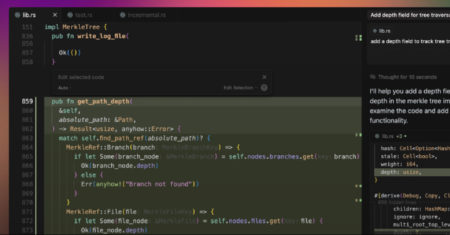CVE ID : CVE-2023-53123
Published : May 2, 2025, 4:15 p.m. | 34 minutes ago
Description : In the Linux kernel, the following vulnerability has been resolved:
PCI: s390: Fix use-after-free of PCI resources with per-function hotplug
On s390 PCI functions may be hotplugged individually even when they
belong to a multi-function device. In particular on an SR-IOV device VFs
may be removed and later re-added.
In commit a50297cf8235 (“s390/pci: separate zbus creation from
scanning”) it was missed however that struct pci_bus and struct
zpci_bus’s resource list retained a reference to the PCI functions MMIO
resources even though those resources are released and freed on
hot-unplug. These stale resources may subsequently be claimed when the
PCI function re-appears resulting in use-after-free.
One idea of fixing this use-after-free in s390 specific code that was
investigated was to simply keep resources around from the moment a PCI
function first appeared until the whole virtual PCI bus created for
a multi-function device disappears. The problem with this however is
that due to the requirement of artificial MMIO addreesses (address
cookies) extra logic is then needed to keep the address cookies
compatible on re-plug. At the same time the MMIO resources semantically
belong to the PCI function so tying their lifecycle to the function
seems more logical.
Instead a simpler approach is to remove the resources of an individually
hot-unplugged PCI function from the PCI bus’s resource list while
keeping the resources of other PCI functions on the PCI bus untouched.
This is done by introducing pci_bus_remove_resource() to remove an
individual resource. Similarly the resource also needs to be removed
from the struct zpci_bus’s resource list. It turns out however, that
there is really no need to add the MMIO resources to the struct
zpci_bus’s resource list at all and instead we can simply use the
zpci_bar_struct’s resource pointer directly.
Severity: 0.0 | NA
Visit the link for more details, such as CVSS details, affected products, timeline, and more…
Source: Read More
